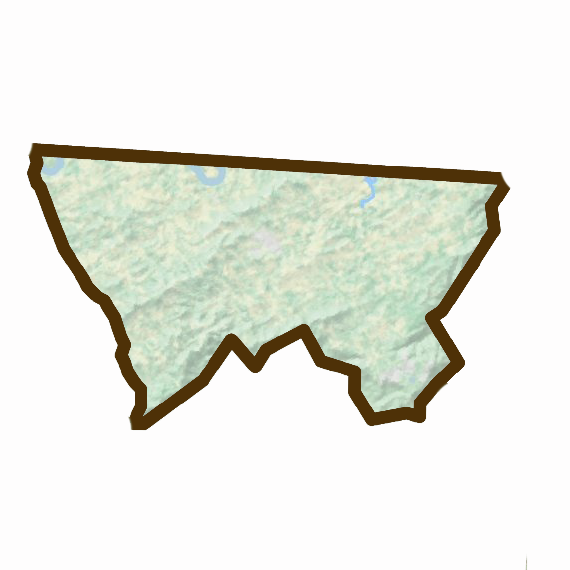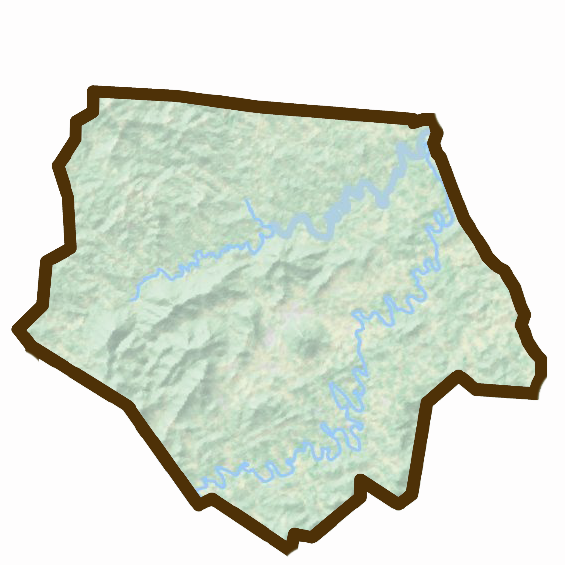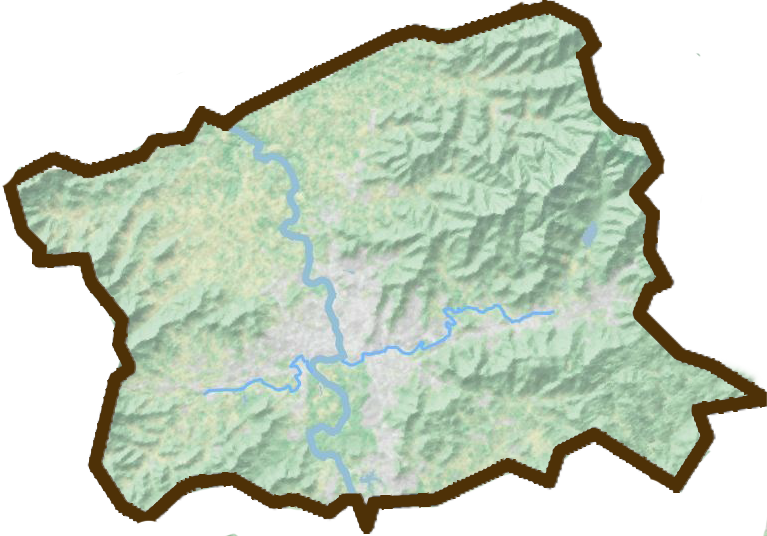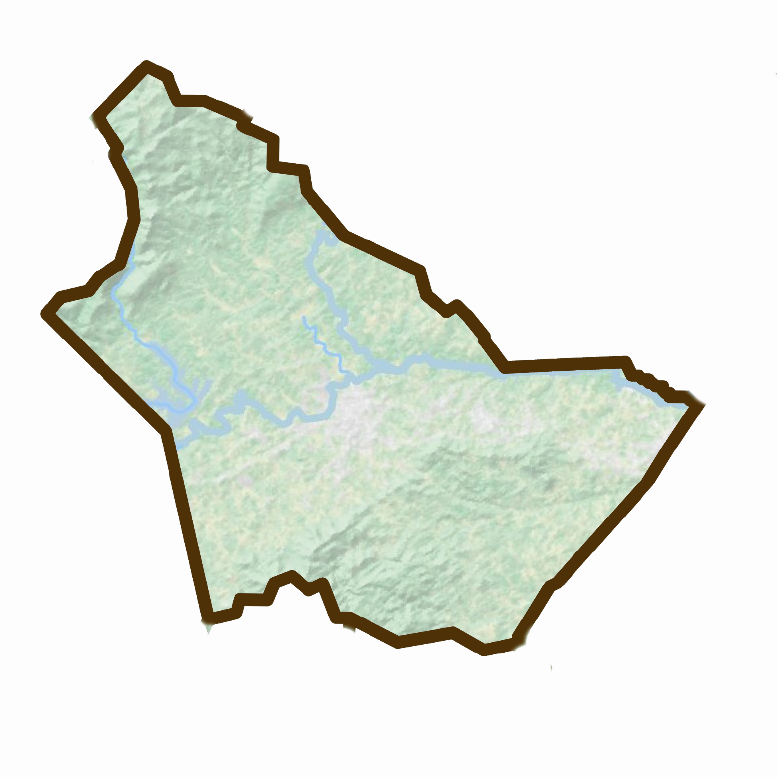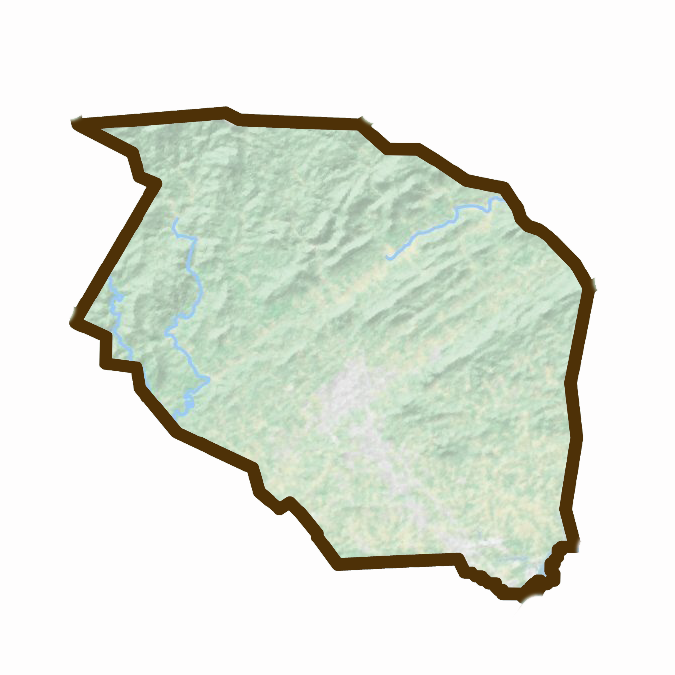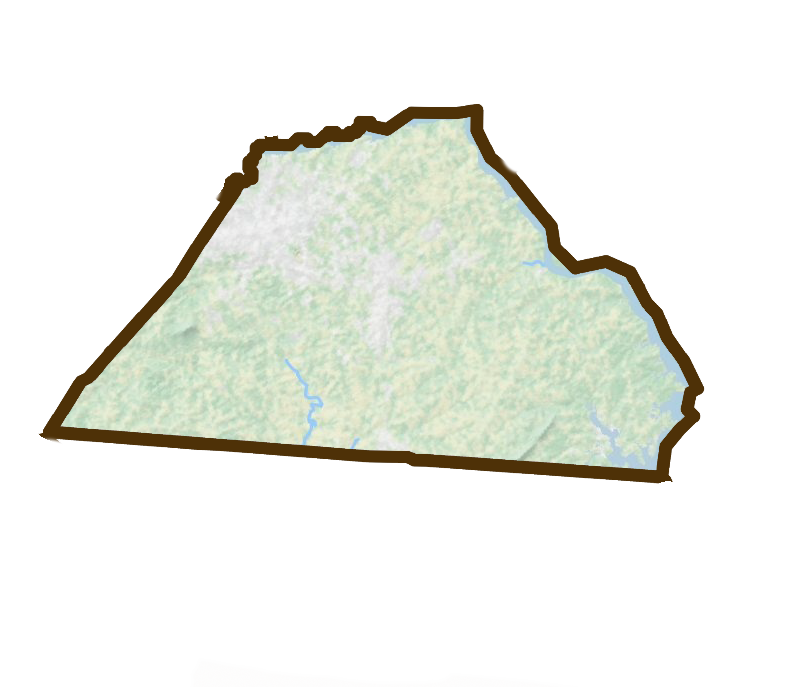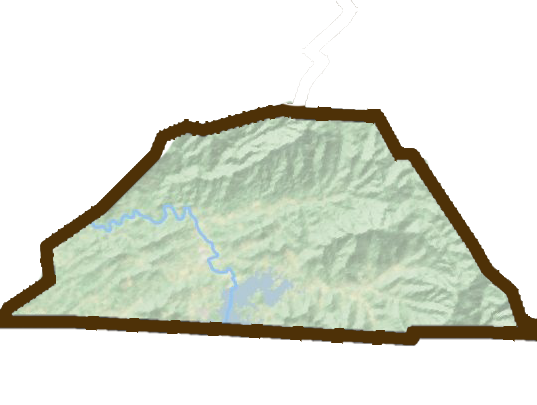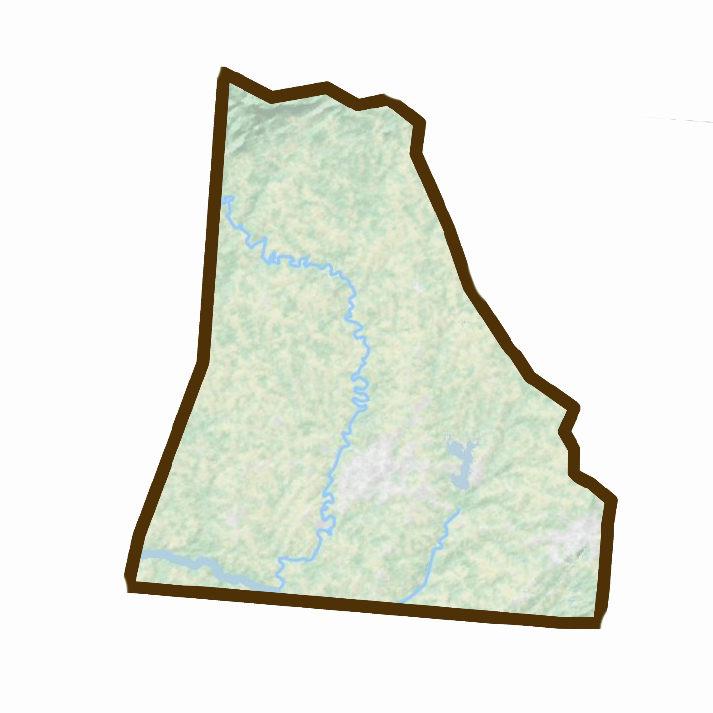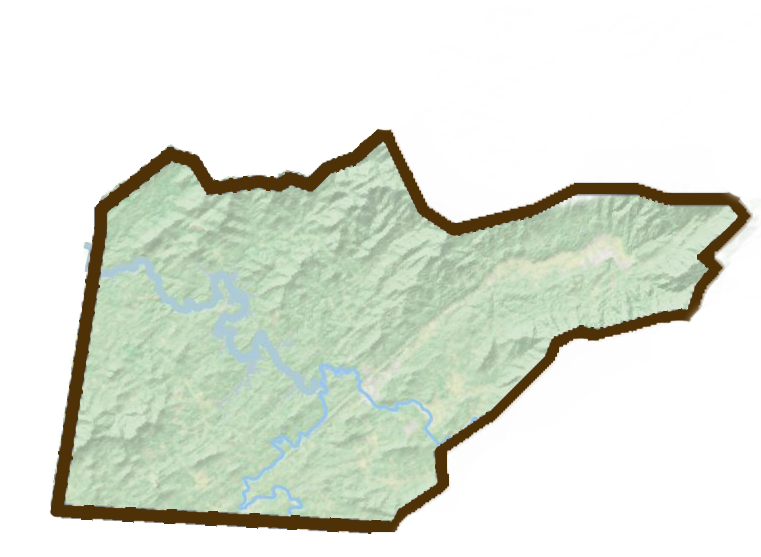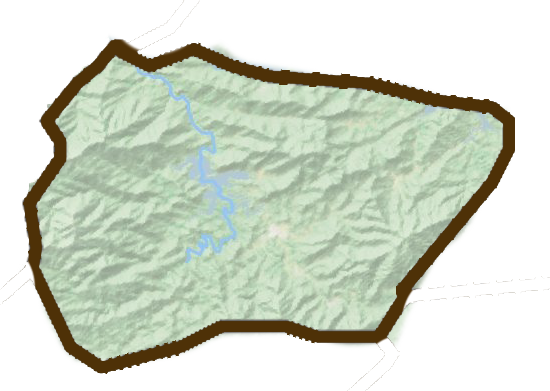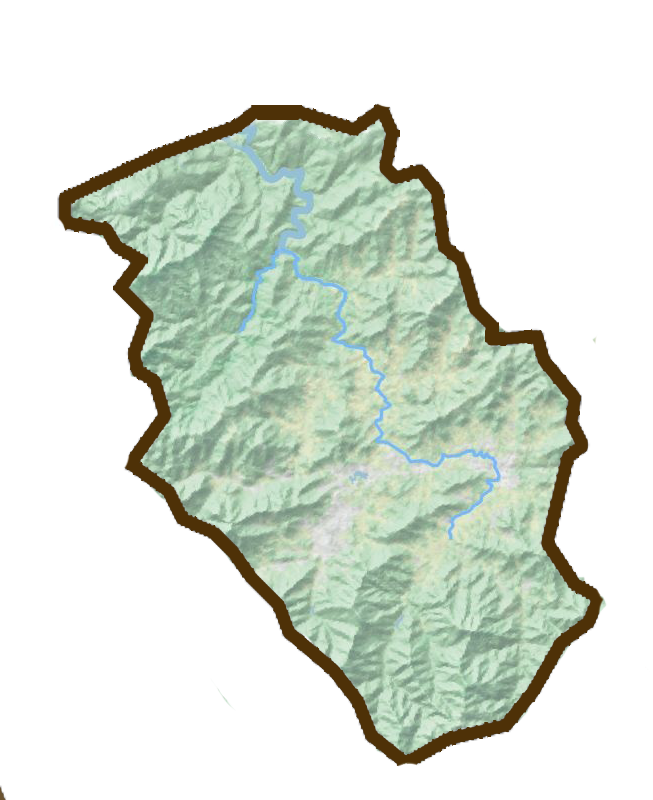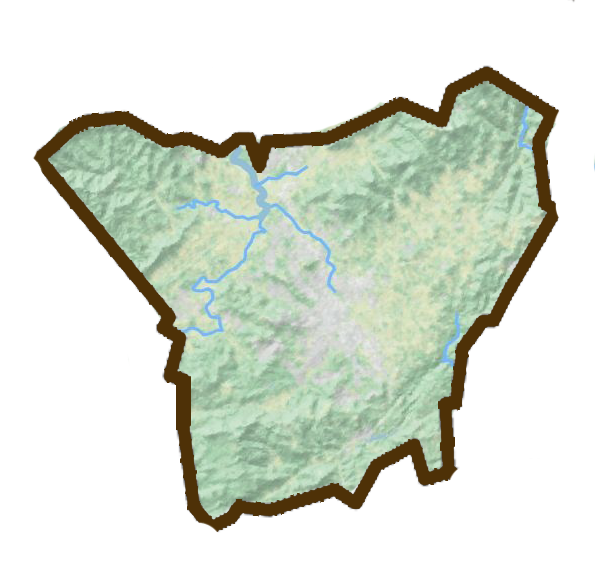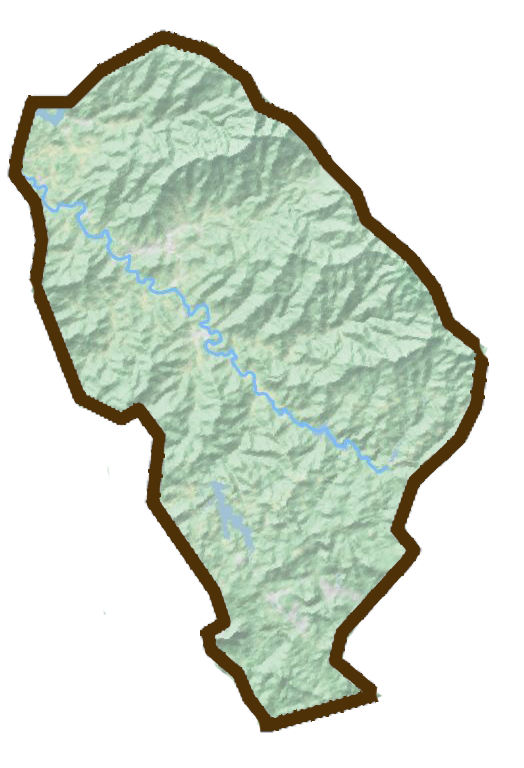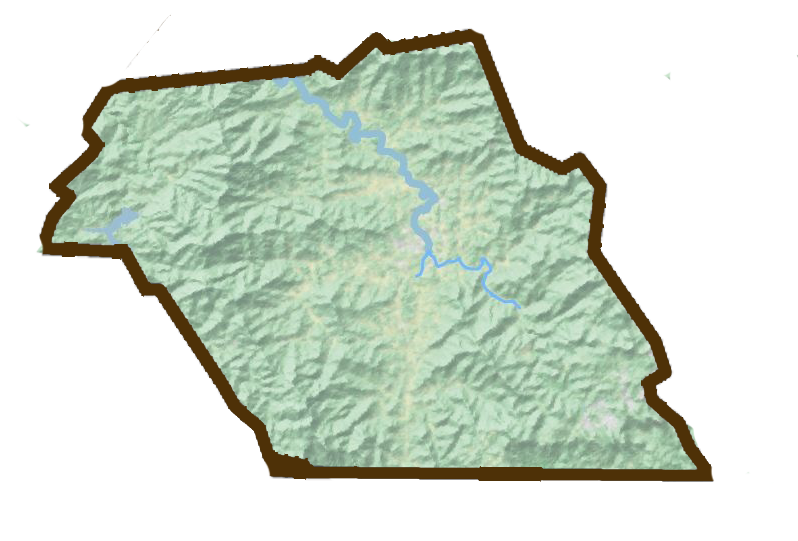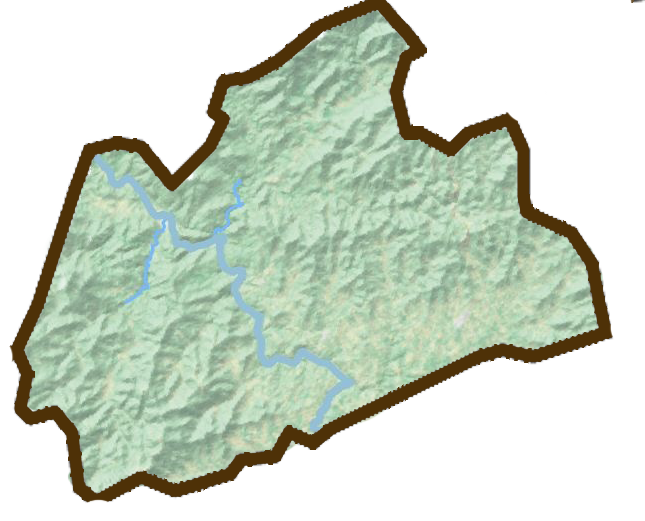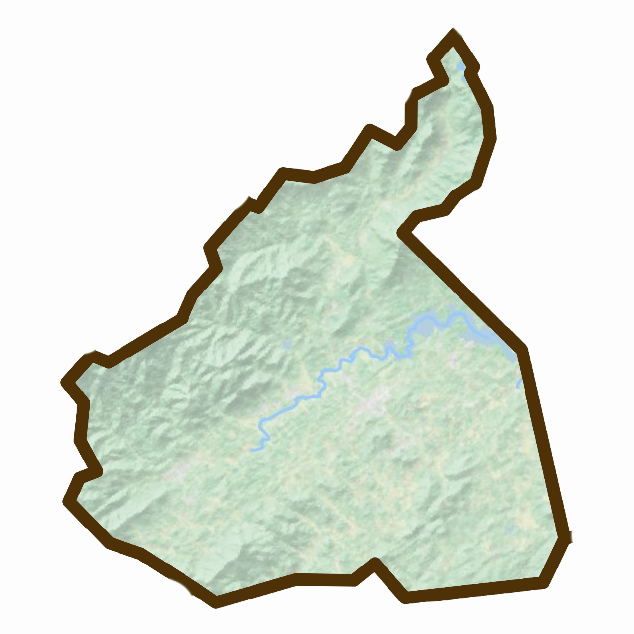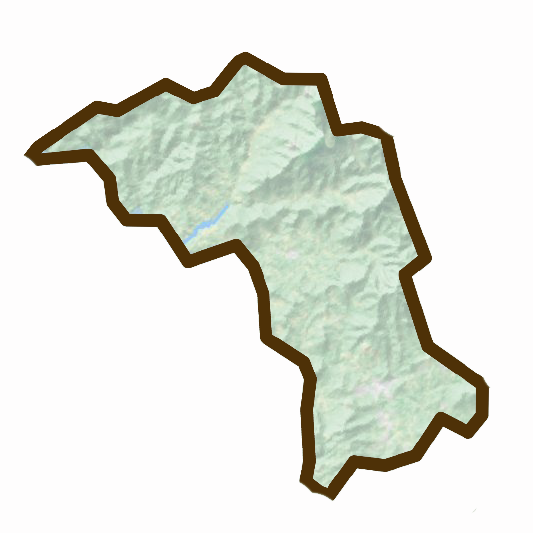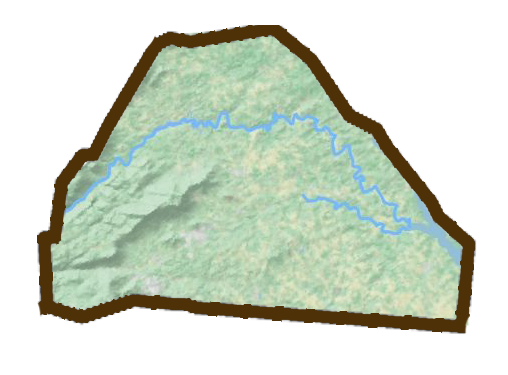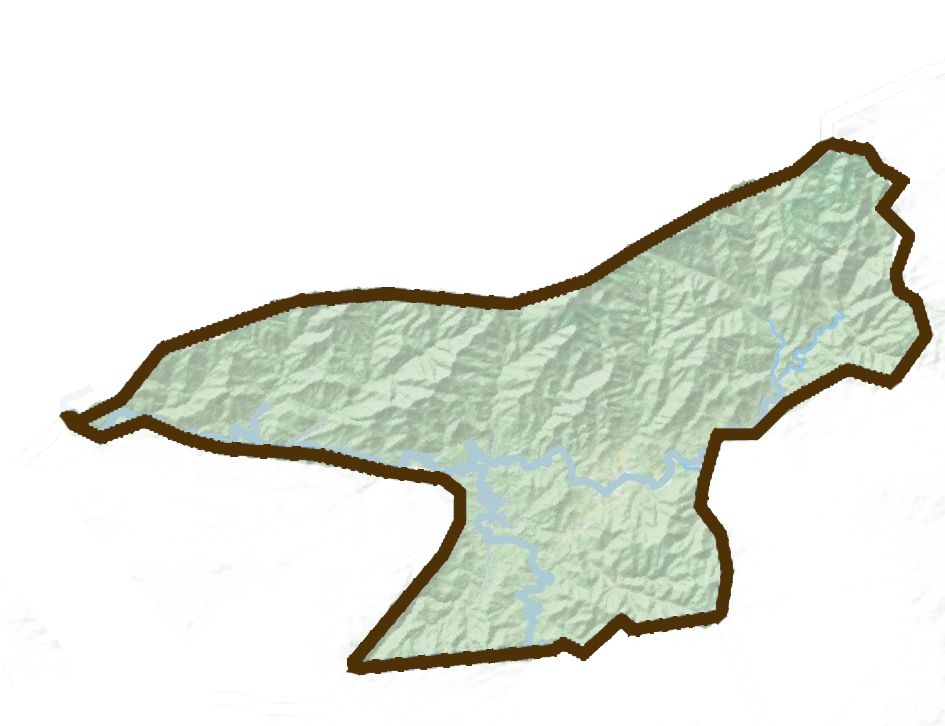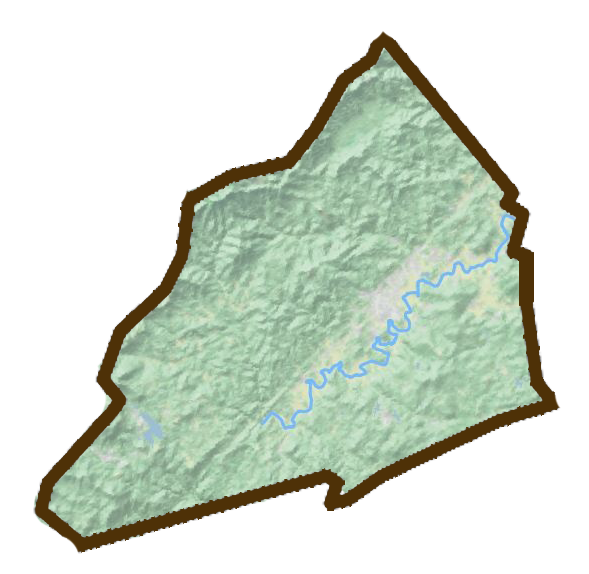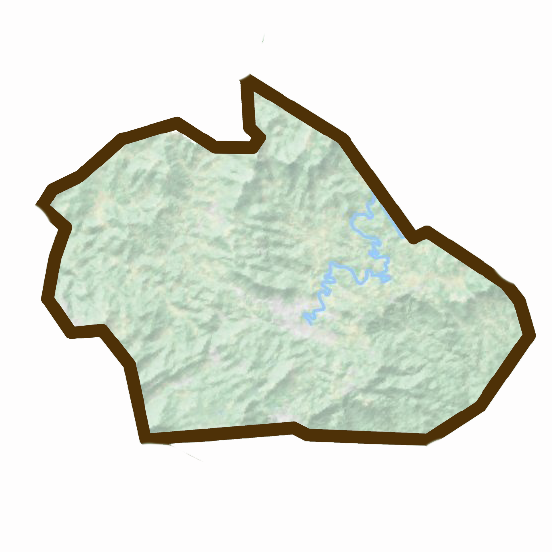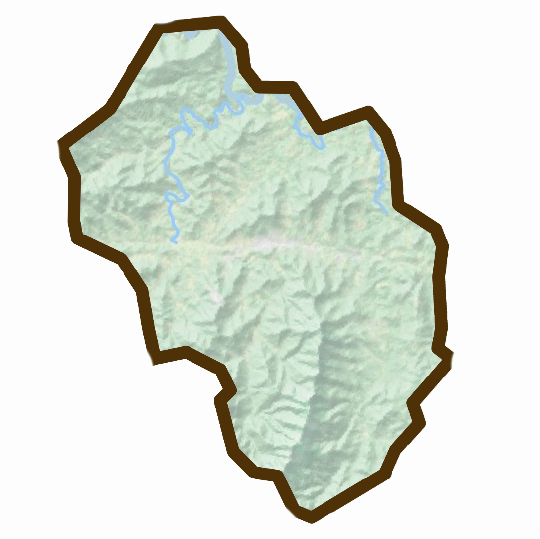First, we offer our love and condolences, and commend your strength. In times of crisis, it can be confusing to sort out how to best get help. We are attempting to gather as much info here for you, to make it easier anyway we can. All our love.
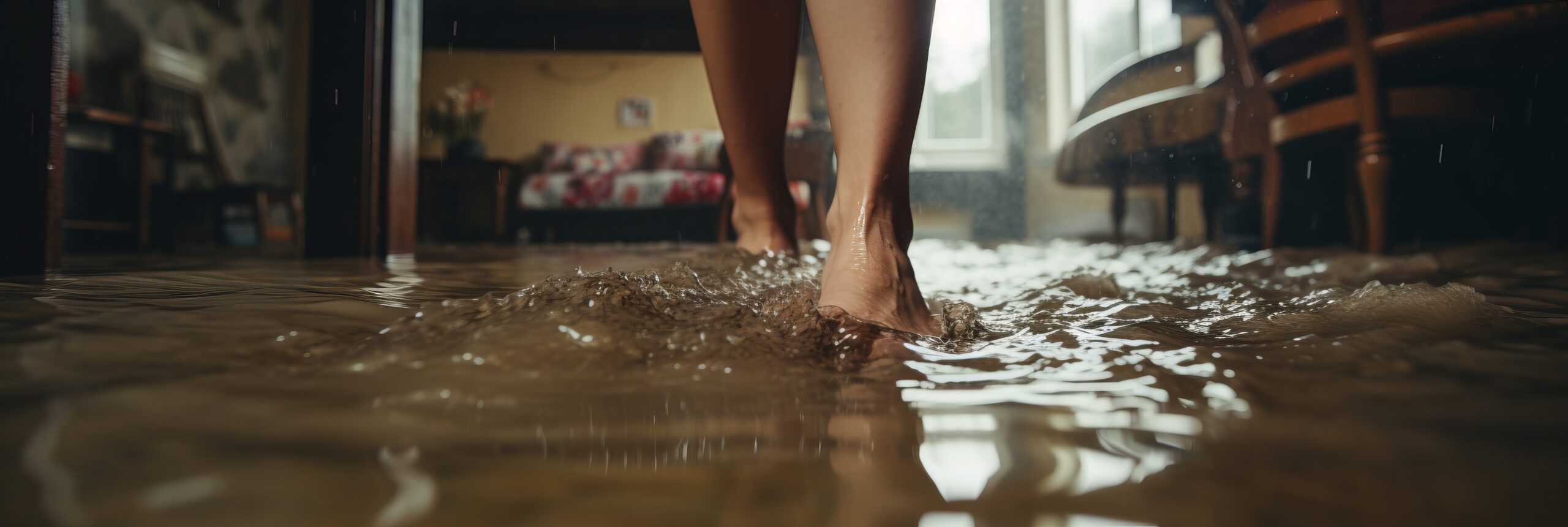
Because of the geography of the Appalachian Mountains, there is not one relief effort underway, but many. Dozens of towns have been impacted, and each has a unique tapestry of helpers, from United Way to local churches, among other things. At the bottom of this page you'll find links to a guide for each county. Just click on the map, and it will pull up a live google document where resources are being continuously added.
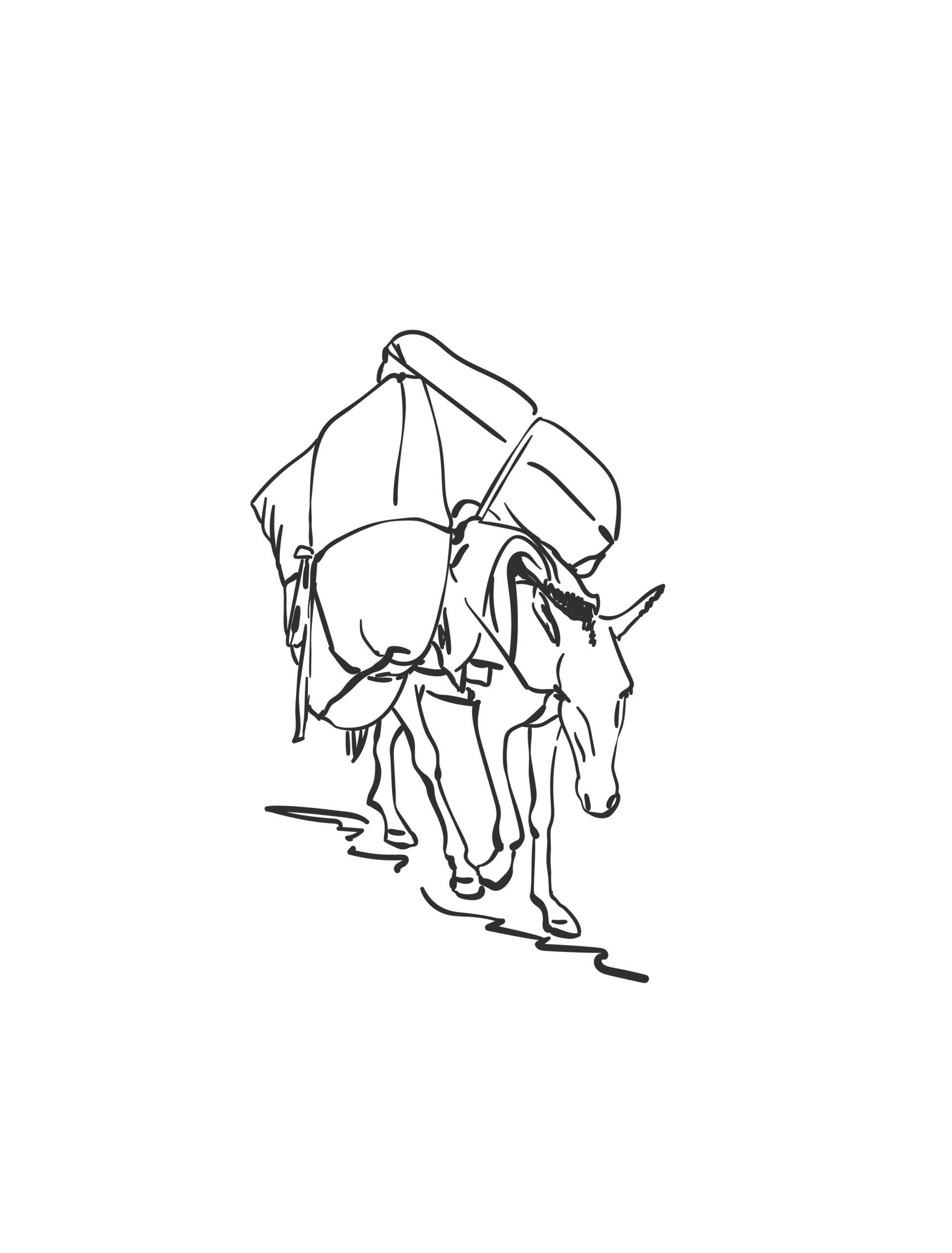
If you are stuck in an area that cannot be reached because the roads are impassible, consider calling the Mountain Mule Packer Ranch at 910-885-1402. They are sending mules up these roads with supplies and are very responsive.
Water
After Hurricane Helene, it could take weeks or months to restore water systems. Ensuring a reliable source of safe drinking water is critical. With mail service resuming in some areas, it’s a good time to order supplies if you haven’t already.
For immediate needs, boiling water is the safest method. Boil it for at least one minute (three minutes at higher elevations) to kill bacteria, viruses, and parasites. However, this requires fuel and clean pots, which might not always be practical. You can also find clean water in your home's water heater tank.
If you’re looking for a longer-term solution or if boiling isn’t an option for you, I highly recommend investing in a Platypus QuickDraw Water Filter. This filter is incredibly reliable, easy to use, and portable, which makes it perfect for emergency situations like this. You can use it to safely filter water from rivers, creeks, or even standing rainwater. It removes harmful bacteria and protozoa, making it a great solution for filtering water in the wilderness or post-storm environments.
The good news is, now that mail is starting to run again in many areas, you can likely order this filter (or something similar) through Amazon or another online retailer. It’s worth making this a priority if you expect water issues to continue for a while. Having a Platypus filter on hand means you’ll be able to meet your water needs with much less worry.
While waiting for supplies, other methods like water purification tablets or treating water with unscented bleach (8 drops per gallon, sit for 30 minutes) can help. But remember, these are temporary fixes. Securing a good filtration system like the Platypus filter should be a priority to keep your water safe. More here.

Safety First
Above all else, keep safety at the forefront. If you’re part of the rescue efforts or just trying to help those around you, please make sure you’re working in teams. Don’t try to go anywhere alone if it can be avoided. Check in with one another often, and make sure someone always knows where you are. Floodwaters can hide many dangers—sharp debris, contaminated water, and weakened structures that might not be stable. It only takes one wrong step to find yourself in trouble. Keep your eyes open and be mindful of where you walk.
Be especially cautious of standing water. It may seem harmless, but floodwaters can carry hidden threats like downed power lines, which may still be live, or sewage that’s been mixed in, carrying disease. If you come into contact with floodwater, make sure to wash up as soon as possible—clean water and soap can prevent a lot of problems.
Stay Away From Power Lines
Downed power lines are one of the most dangerous things to watch for after a storm. They may look harmless, but they can still be live, and that’s a risk no one can afford. If you see one, stay far away and report it to the authorities as soon as you’re able. Keep children and pets away from the area too, and if you have to drive through a flooded area, remember that water can carry electrical current. Never drive over a downed line, even if it looks safe.
Check Your Home for Damage
When the storm passes, and it’s safe to return home, check your house for any structural damage. Look for cracks in the walls or foundation, and if you have a second story, check the ceilings for water damage. Floodwaters can weaken buildings in ways that aren’t immediately obvious, so be cautious when entering. If you smell gas, leave immediately and call for help. Don’t turn on the electricity until you’re sure it’s safe—water and electricity don’t mix.
If you’re using a generator for power, remember to keep it outside and far from any windows or doors. The fumes from a generator can be deadly if they build up indoors. It might seem like a small thing, but it’s an important precaution.
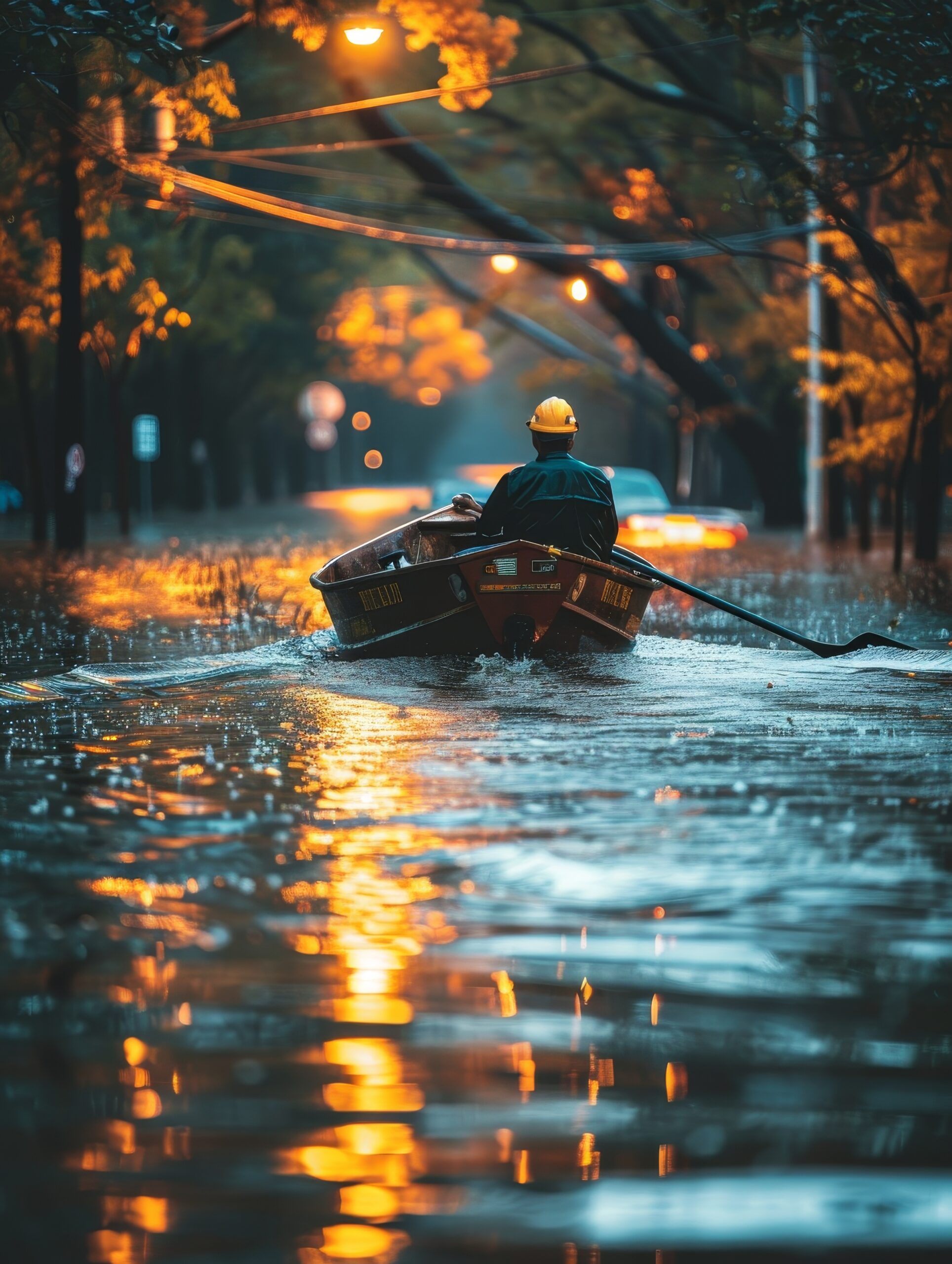
Respect the Land
After such a storm, the land itself may not be as steady as it once was. Flooding can loosen the soil, and that makes landslides a real possibility, especially in these mountains. If you’re in an area where the earth might give way, be cautious. Don’t take unnecessary risks, and trust the people who know this land well. Generations of knowledge run deep here, and local advice can be lifesaving. If someone who knows these hills tells you not to walk a certain path or stay in a particular place, take that advice to heart.
Also, be mindful of wildlife. Animals that normally stay hidden may be displaced by the storm, and you could come across creatures you don’t expect. Snakes, for example, might take shelter in unexpected places. Always check around your home and property before you reach into any dark corners or step into flooded areas.
Lean on Community
We’re blessed to have strong communities here in the mountains, and now is the time to lean on one another. There’s no need to go through this alone. Share what you have, whether it’s food, water, or even just a kind word. The emotional toll of such an event is heavy, but simple acts of kindness can make a world of difference. If you have something your neighbor needs, offer it up without hesitation. That’s how we’ll get through this—together, supporting one another as we rebuild.
And don’t be afraid to ask for help if you need it. There’s no shame in leaning on others in times like this. We’re all stronger when we work together.
Using Generators Safely
If you’re using a generator to provide power during the aftermath of the storm, it’s important to take precautions to avoid dangerous situations. Always keep the generator outside, well away from windows, doors, and vents, as the carbon monoxide it produces can be deadly if it builds up inside your home. Never run a generator in a garage, basement, or enclosed area, even if windows or doors are open. Make sure to place it on a dry surface to avoid electric shocks, and keep it protected from rain with a canopy or shelter. When refueling, turn the generator off and let it cool down before adding more fuel. Finally, be sure to follow the manufacturer’s instructions and use heavy-duty extension cords rated for outdoor use to connect appliances. Taking these safety measures can prevent accidents and help you make the most of your generator without risk to you or your family.
Protecting What’s Yours
Unfortunately, in times like these, not everyone shows their best side. Looting can be a concern when homes are left empty. If you’re worried about theft, do what you can to secure your home. Keep valuables out of sight, and if you have to leave your house, let a trusted neighbor know so they can keep an eye on things. Even something as simple as locking your doors and windows can make a difference.
But remember, most people are good-hearted and want to help. Don’t let fear control you—just be cautious and mindful of your surroundings.
Keep Communication Open
It’s easy to feel isolated after a storm, especially when power and phone lines are down. Try to keep some way of communicating with others, whether it’s a battery-powered radio, a charged phone, or even just word-of-mouth. If you have access to a radio, stay tuned to local emergency channels for updates. And if you’re able to contact family or friends, let them know you’re safe, and check in regularly.
If you’re working in rescue or recovery, it’s especially important to check in with your team. Make sure someone knows where you’re headed and how long you expect to be gone. In times like these, accountability can save lives.
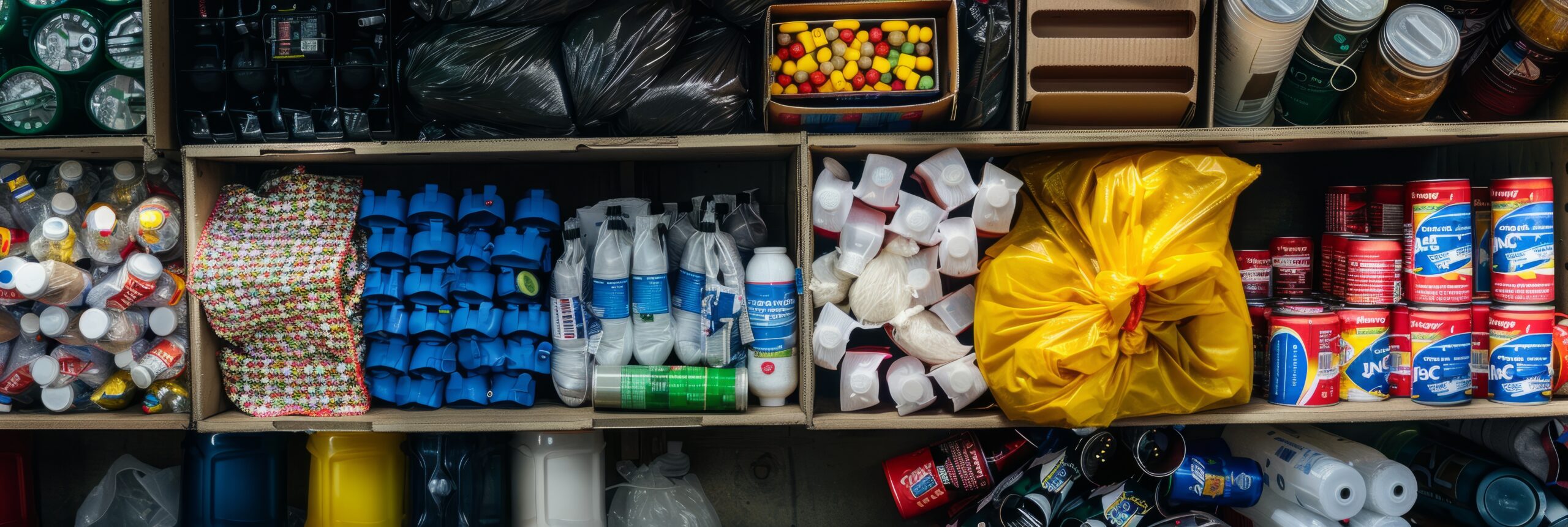
Plan for the Long Haul
Recovery after a disaster takes time, and it’s important to pace yourself. Don’t try to do everything at once, and don’t push yourself to the point of exhaustion. Take breaks when you need them, and don’t hesitate to ask for help if the work becomes too much. Your health and safety come first, and the rebuilding process will take time.
If you can, make sure you have enough clean water and food to last for several days. In some areas, it may be a while before help arrives, so it’s important to be prepared. And remember, keeping your spirits up is just as important as keeping your strength. Find comfort in the little things—whether it’s a warm blanket, a favorite song, or a chat with a neighbor.
Herbs for Healing
In these mountains, we’ve long relied on what the earth provides for healing. If you have access to some of the mountain herbs, they can be a great support in these difficult times. Yarrow is good for wounds—it helps with healing and can stop bleeding. Comfrey is for when bones are broken or bruised; it helps knit things back together. And peppermint can be a real blessing when you’re feeling exhausted or anxious—it’s good for strength and clarity of mind. Our ancestors knew these things well, and now’s a good time to remember that knowledge. If you’re dealing with stress or struggling to sleep, try some chamomile or lavender if you can find it. A cup of chamomile tea or a sachet of dried lavender under your pillow can ease anxiety and help you rest. And don’t underestimate the healing power of a good meal. Warm, nourishing food is important to keep your strength up, both physically and emotionally.
Take care of yourself and those around you. These are hard times, but we’re strong people. With careful steps, trust in each other, and respect for the land we live on, we’ll find our way through. Stay safe, lean on what you know, and never forget the power of community.

County Level Help
County-level help and resources are being compiled regularly. You can click on the maps below to open a google document for each county. You'll find up-to-date information there, and many people are editing these files to keep them current. Sadly, some of these communities have nearly empty pages, but hopefully, they will be filling up as time goes on. The documents are maintained by [email protected], and you can write them with additional questions or information.

